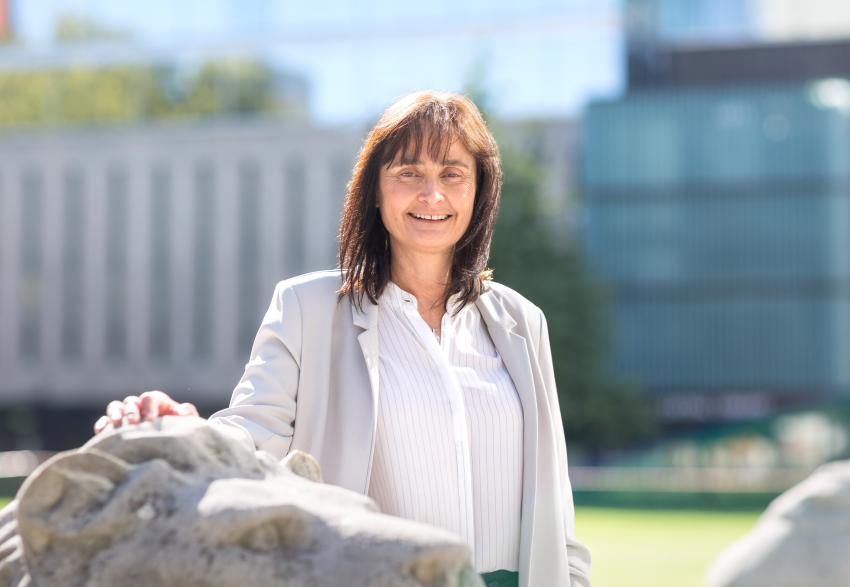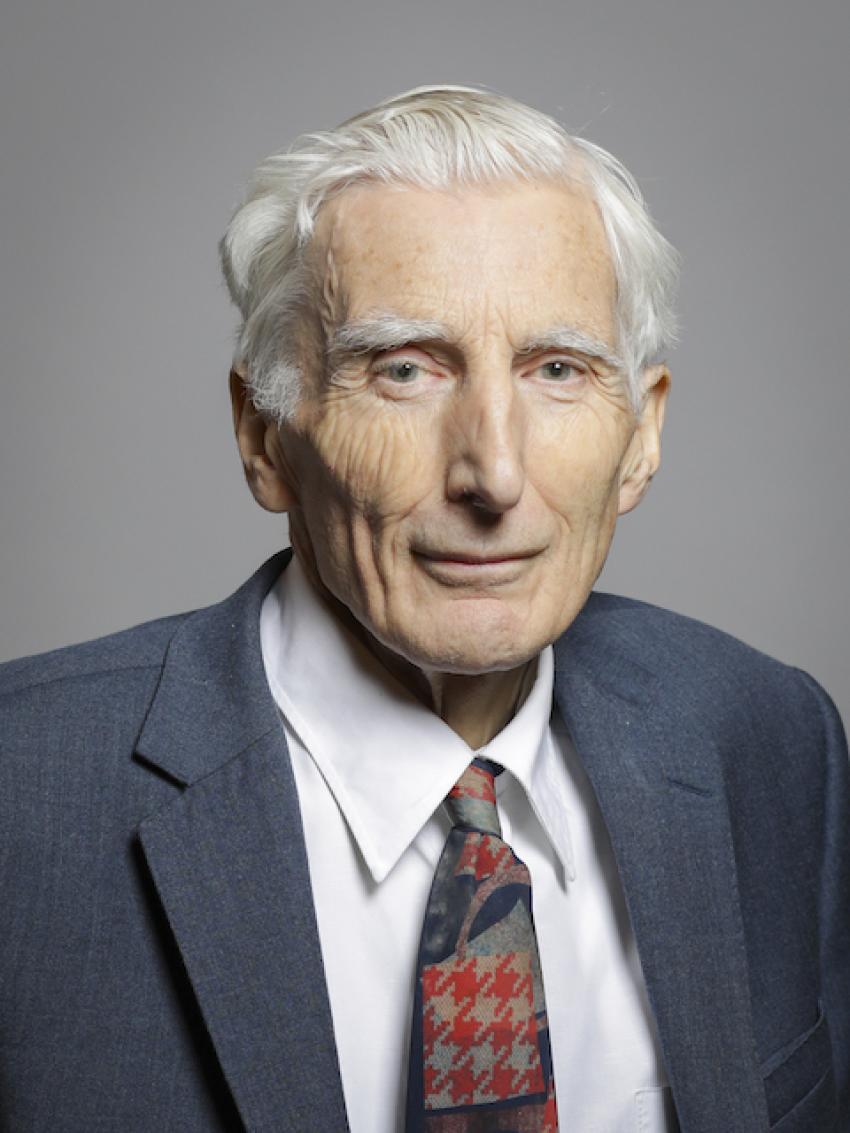The Royal Astronomical Society is pleased to congratulate Professor Michele Dougherty CBE FRS FRAS on her appointment as Astronomer Royal.
The Society has a strong working relationship with Professor Dougherty in her position as Executive Chair of the Science and Technology Facilities Council (STFC) and, as a long-standing Fellow of the Society, looks forward to engaging with her in her new role.
Welcoming the appointment President of the Royal Astronomical Society, Professor Mike Lockwood, said: "I've known Michele since she arrived at Imperial College in 1991, and so know that she is a visionary scientist as well as a calm and thoughtful administrator. I wish her every success in her new role."
Professor Dougherty is the first woman to be appointed Astronomer Royal in the post's 350-year history and will act as the official adviser to King Charles III on astronomical matters.
Speaking of her new appointment, she said: "I am absolutely delighted to be taking on the important role of Astronomer Royal. As a young child I never thought I'd end up working on planetary spacecraft missions and science, so I can't quite believe I'm actually taking on this position. In this role I look forward to engaging the general public in how exciting astronomy is, and how important it and its outcomes are to our everyday life."
The Royal Astronomical Society also wishes to express its gratitude to the outgoing Astronomer Royal, Lord Martin Rees, who has made an extraordinary impact in the 30 years since his appointment in 1995.
A pioneering cosmologist, he has significantly advanced our understanding of black holes, quasars, galaxy formation, and the early universe.
Beyond his scientific contributions, Lord Rees has been a powerful and eloquent advocate for science communication, making complex ideas accessible to the public, championing the role of science in addressing global challenges, and speaking widely on the implications of emerging technologies.
Professor Dougherty was educated at the University of Natal in South Africa, where she was awarded a PhD in 1988 for research on wave-particle interactions in dispersive and anisotropic media.
She is renowned for leading uncrewed exploratory space missions to Saturn and Jupiter and her contribution to the discovery of water on the saturnian moon Enceladus.
Professor Dougherty was Principal Investigator for the magnetometer instrument onboard the CASSINI-HUYGENS mission to Saturn and its moons and is the Principal Investigator of the magnetometer instrument for the European Space Agency's JUpiter ICy moons Explorer (JUICE) mission, which is en route to Jupiter and its moons.
She has received a number of accolades during her career, including the Royal Astronomical Society's Gold Medal in 2017, a CBE in the 2018 New Year’s Honours List, the Institute of Physics' 2018 Richard Glazebrook Gold Medal and Prize, and the Royal Society's Bakerian Medal and Lecture in 2024.
Professor Dougherty is also a Fellow of the Royal Society and a Royal Society Research Professor, and was recently elected as President of the Institute of Physics for a two-year term.
She took up her role at STFC earlier this year, on secondment from Imperial College London for a term of three years.
The role of Astronomer Royal dates back to the creation of the Royal Observatory in Greenwich in 1675, when it mostly involved advising the king on using the stars to improve navigation at sea.
John Flamsteed from Derby was the first Astronomer Royal, while Edmond Halley, Sir Frank Dyson and Sir Francis Graham-Smith are other notable names to have held the post.



